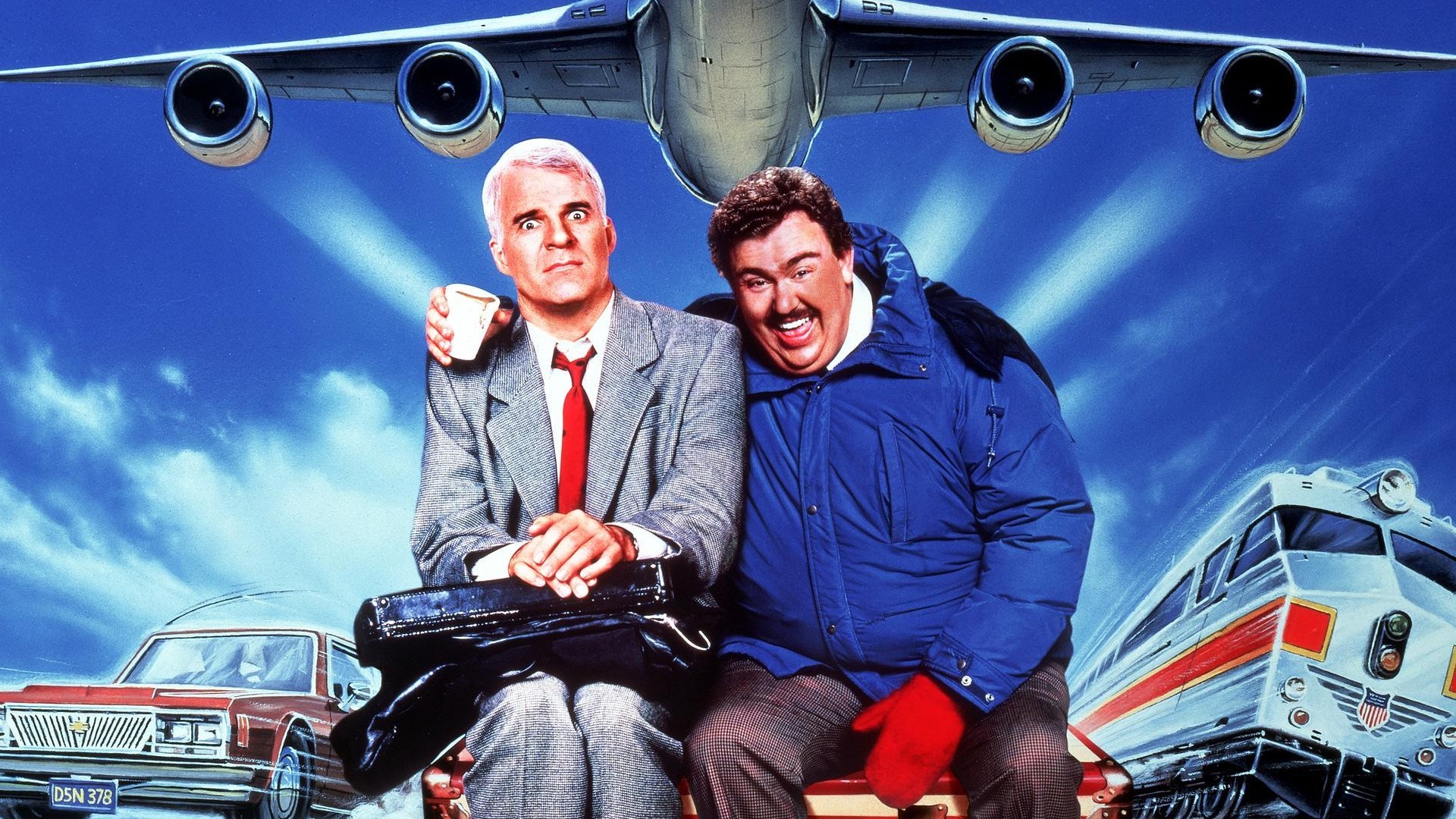You don’t have to believe in God to believe that Father Greg Boyle is doing God’s work.
The Jesuit priest began tending to his parish in the gang-infested Boyle Heights section of Los Angeles in the 1980s and has since turned his mission into a thriving organization. Boyle, dubbed G-Dog by his admirers, helped to found Homeboy Industries, a business designed to provide an alternative for young men and women, mostly Latino and African-American, who might otherwise turn to gangs.
Homeboy Industries provides a supportive community where hundreds of young people can learn both life skills and work skills; in Boyle’s words, “Nothing stops a bullet like a job.”. They can also get free tattoo removal, giving Homeboy a jump on the hottest growth industry of the next half century. Boyle is really in the business of providing hope because gangs only recruit the hopeless. Homeboy Industries claims a 70% success rate in rescuing kids from the streets and redirecting their lives.
Academy Award winning director Freida Lee Mock (“Maya Lin: A Strong Clear Vision”) settles into a familiar observational groove, focusing predominantly on the inspirational figure of Fr. Boyle but also turning her attention to the other men and women who make Homeboy Industries work, many of whom are so filled with enthusiasm they come off seeming like motivational speakers. Boyle is justifiably proud of what he and his flock have accomplished, marveling at how former rival gang members have gone from shooting at each other to shooting each other joking texts all day.
Homeboy Industries indisputably provides a superior and constructive alternative for younger people who might otherwise perceive the local gang as the only institution willing to extend them a welcoming hand. At the same time, it’s got to be difficult to convince kids or adults that a long day of menial labor for (presumably) meager pay constitutes salvation. Boyle isn’t the first man who has sold steady work as inherently good for the soul, but how long can someone stay motivated for the privilege of waiting tables in a cafe or packaging salsa for Ralph’s Supermarket? Seeing as it beats the hell out of the other available choices, the answer is “long enough to make a real difference.” For many, many people.
“G-Dog” provides us with the testimony of hundreds of men and women, now spread over several generations, whose lives have been changed forever by Boyle’s patient, non-judgmental acceptance and many of them intend to pay it forward to the next generation. Homeboy Industries remains under constant threat due to a lack of funding, but with G-Dog’s unflagging determination and the driven, focused team he has inspired, the film provides reason to believe that Homeboy is here to stay.
Video:
The film is presents in a 1.78:1 aspect ratio. The interlaced transfer from Docurama is about average, certainly adequate for the film’s straightforward design which relies mostly on interviews and fly-on-the-wall footage.
Audio:
The Dolby Digital Stereo soundtrack is distortion free with clear-enough dialogue throughout. No optional subtitles are provided.
Extras:
This is strictly a bare bones DVD, not even a Trailer or “About Docurama” option.
Film Value:
As a few of the law officials interviewed in the film acknowledge, “zero tolerance” policies towards gang violence accomplished nothing beyond helping politicians look tough enough on crime to get re-elected. Fr. Boyle has perfected a balanced approach in which he is accepting but also stern. Homeboy trainees are expected to work hard or make way for the next batch who want to be part of the program. Fr. Boyle has inspired hope in his charges, but provided a working model for other social organizers to copy.


